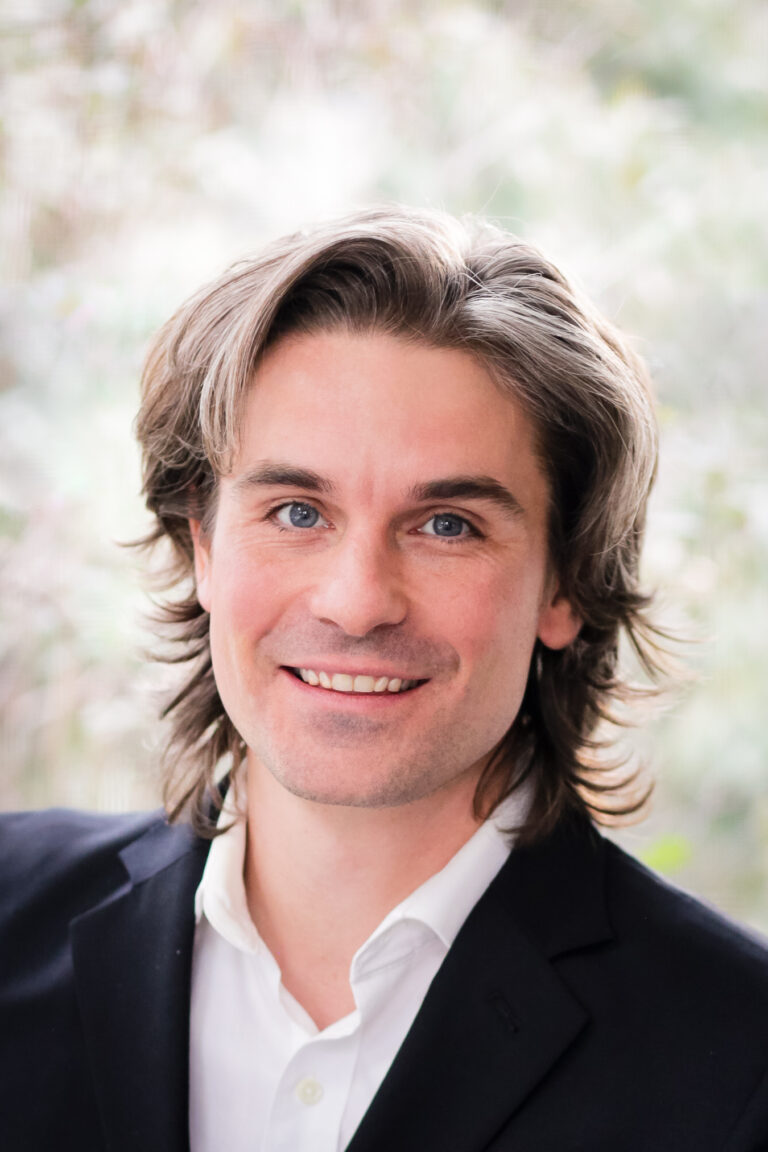
John Eicher
Associate Professor of History
(Spring 2025)
This project represents the first transnational, cultural history of the 1918 flu pandemic in Europe. Flu publications typically focus on scientists, administrators, and urbanites who received most of these authorities’ attention. Flu studies are also mostly framed at the national level, which inhibits translocal and transnational comparisons. Beyond flu research, historians of the WWI era seldom mention the pandemic because it did not greatly affect the war’s outcome. My project addresses these limitations via its unique source base of 1,000 urban and rural survivors’ testimonies (gathered from across ten European countries) and its innovative methodology, which rests on a searchable database of the memories and a digital map of the survivors’ locations during the pandemic.
Beyond its scope, sources, and methods, the project is significant for its argument. Collective expectations for disease and healthcare have profoundly changed Europe’s mythology over the past century. Historians show that Europeans “rehearsed” a catastrophic war in their minds and media years before 1914. Nevertheless, the conduct of WWI surprised Europeans because it undermined their faith that they lived in a rational and civilized society. Europeans arguably “rehearsed” a pandemic in their minds and media years before 2019. COVID-19 may be a defining event of Europe’s 21st century if it undermines Europeans’ faith that a technocratic welfare state can indefinitely ensure citizens’ health and longevity, without significantly altering their lifestyles. My project shows that unlike WWI or COVID-19, survivors of the 1918 pandemic did not see their society’s aspirations or failures mirrored in the flu, so they did not remember it as a collective event, despite its multiple, collective effects on society. This thesis explains why the pandemic is undertheorized in the academic record, overlooked in the public memory, but is essential for understanding how Europeans conceive existential threats. Learn more about John Eicher’s work here: https://www.johneicher.com/